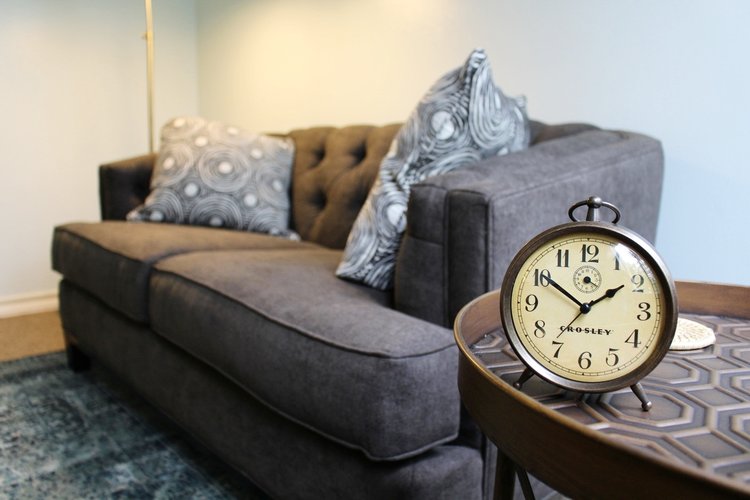Meet Colleen
Colleen is a Licensed Professional Counselor and a Spiritual Director with Austin Relational Wellness, a group practice of counselors in Austin, Texas. She provides individual counseling and spiritual direction for adults and also leads spiritual direction groups, Enneagram workshops, and women’s retreats.
The first thing you’ll notice about Colleen is her authentic, enthusiastic presence. Colleen brings her bright personality into each counseling session, where she is outgoing, warm, and has the unique ability to help people feel comfortable from the start. She genuinely cares about each individual therapy and spiritual direction client she works with. She listens with empathy and acceptance and creates a safe space for people to talk through life difficulties. Colleen combines all of her strengths to create an atmosphere where the therapeutic relationship between client and counselor can flourish.
Colleen’s Counseling Services at Austin Relational Wellness
Colleen offers individual counseling for adults and specializes in working with those struggling with a life transition. She is especially skilled at helping therapy clients work through grief and loss, and she has an incredible ability to hold space for her clients to help them navigate all the difficult emotions that come from different types of loss. Helping clients understand that they are cared for, normalizing their experience of the negative emotions associated with loss, and guiding them toward their own ability to handle the tough experience they are going through is an important part of Colleen’s work.
In addition to her individual counseling work, Colleen is passionate about helping people discover their own versions of spirituality through her spiritual direction services. She works with those who are questioning their beliefs or wanting to deepen their relationships with the Divine, Higher Power, or God. Regardless of clients’ spiritual or religious backgrounds, Colleen works to understand and guide her clients toward greater understanding of the ways spirituality works in their lives. She helps people incorporate spirituality on a practical level by figuring out the role that spirituality plays in their lives, exploring ways to integrate spiritual practices on daily basis, and viewing important decisions and life changes through the lens of spirituality. On a deeper level, spiritual direction helps people explore and interpret their experiences of their Higher Power, spiritually heal from past wounds and hurts, discover their unique purpose or calling, and become who they were truly designed to be.
Recently, Colleen has been putting together Enneagram workshops to help spread the Enneagram to the Austin community and is also in the process of developing a women’s retreat. Stay tuned for more information on these services!
Outside the Counseling Room
Colleen’s strongly values family, friends, good communication, and fun. Her commitment to these values shows up in her work with clients, as well as in her personal life. Some of the activities she enjoys are reading, scuba diving, grandparenting, and traveling. Colleen likes to spend her free time hanging out with her family, having a good time with friends, going to the latest movies, and catching up on all things Netflix.


































































